
Why Australia’s community organisations need a new governance model
Posted on 25 Feb 2026
Australia’s community organisations are quietly holding society together. From local sporting clubs…
Posted on 04 Aug 2023
By Greg Thom, journalist, Institute of Community Directors Australia
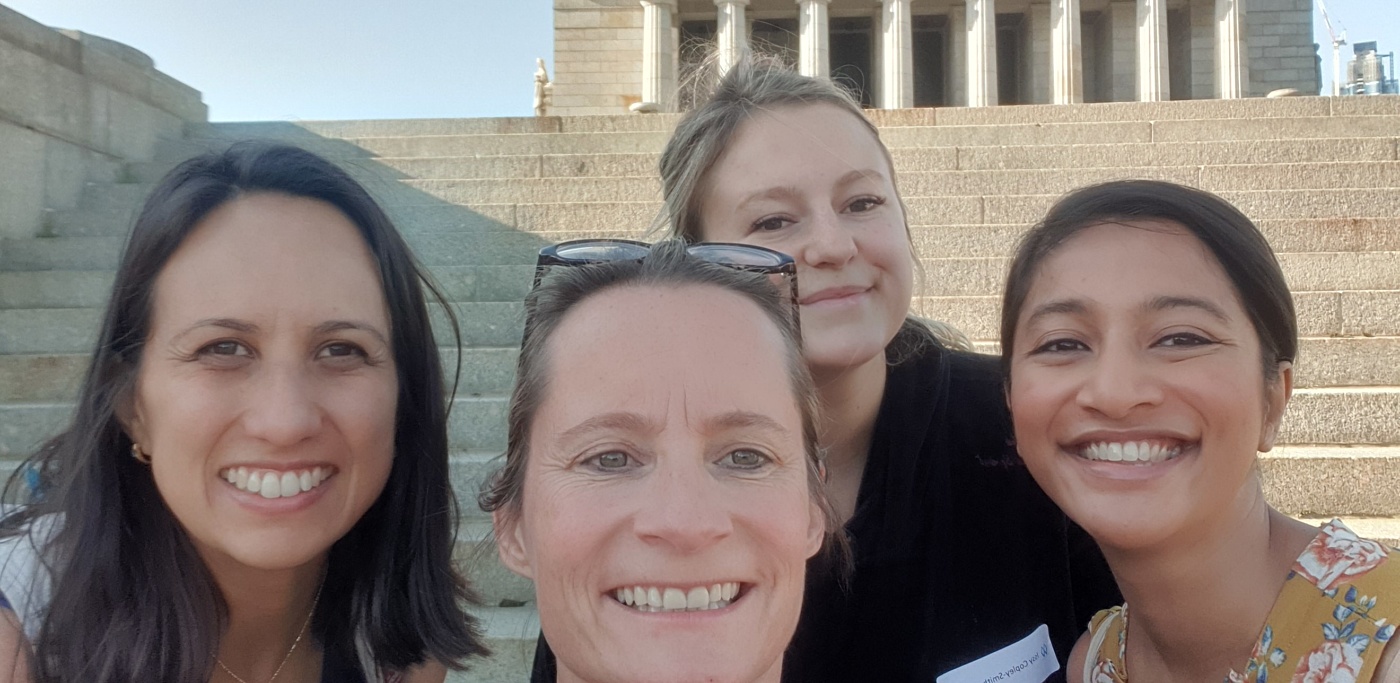
As a senior corporate affairs professional at national organisations ranging from Telstra and the National Broadband Network to Cricket Australia, Karina Keisler has learned a lot about engaging with the media. Now she’s sharing her skills with community leaders, for free.
Why is it important for not-for-profit leaders to have media skills?
Effective communication skills should be in the toolkit of every leader. NFPs are no different.
Whether you are addressing an employee forum, engaging with clients or talking to the press, good communication skills give you a greater chance of being heard.
How did the opportunity to provide pro bono media training come about?
It's been on my mind for a while, and I floated the idea with a girlfriend who works at a NFP and she loved the idea.
I am on the board of a not-for-profit and see first-hand how much they do on the sniff of an oily rag.
Unless it’s a particularly issues-rich environment, media training can be seen as a luxury and it’s often put off until necessary.
Given the great work and incredible stories that exist in these organisations, I think it's important they are told well, so I thought it was a good opportunity to put my skills to use and give something back at the same time.

Having just wrapped up a full-time contract which has kept me very busy since the start of the year, I figured now was a good time to take advantage of a flexible diary and threw the offer out on LinkedIn.
What sort of skills are you arming people with?
First up, an understanding of how the media works and what they are looking for in a story, so you have a greater chance of coverage.
Then it's all about how to formulate and deliver the message. I find standard media training to be more about the scare tactics of having a camera shoved in your face!
These are great sessions and people come out feeling elated, but I think it's more a sense of survival than learning transferrable communications skills that stick.
My sessions offer a practical tool that anyone can use in any situation to help focus and deliver messages with impact.
Not everyone ends up in front of a camera, but knowing how to formulate clear messages and how to deliver them can be useful with or without the cameras.
How many people have you helped so far?
I have held countless sessions over the years, but this is the first public pro bono offer I've made.
What has been the response?
The response has been overwhelming, which is great. Now it's about fitting them all in over the months ahead, time and diaries willing!
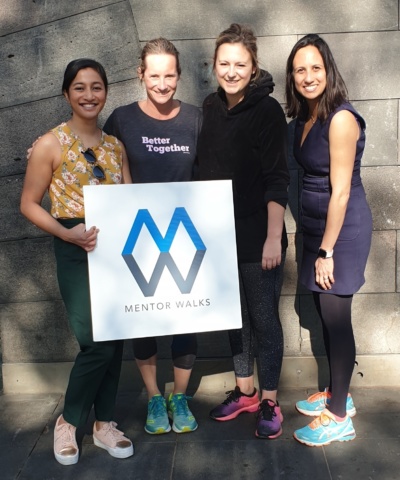
Tell us about your involvement with Mentor Walks.
I've been participating as a mentor with Mentor Walks since early 2018 in Sydney. Then I started commuting to Melbourne with a new role so I split my time between cities.
I can't make it every month, but I try to as often as I can, if not in person, then for the virtual sessions.
What are some of the benefits for those involved?
I love every minute of it!
It's such a great way to start a Friday, walking and talking about shared challenges and getting to know new people.
I meet fabulous female mentors and equally inspiring emerging leaders. These sessions are a great way to brainstorm pathways and solutions or just reassure each other that no one is facing these challenges alone.
Some of the more formal mentoring programs require a big commitment in time but this is a great way to give back flexibly and informally.
As a lifelong media and corporate affairs practitioner who has worked at the highest levels, why do you think it's important to give something back by passing on your skills in these ways?
What good are your skills if you keep them to yourself?
I learn just as much from hearing from the mentees as I hope I impart – these sessions often give me insight into how emerging leaders in my own teams might be feeling and that can be invaluable.
Karina can be contacted on LinkedIn.

Posted on 25 Feb 2026
Australia’s community organisations are quietly holding society together. From local sporting clubs…
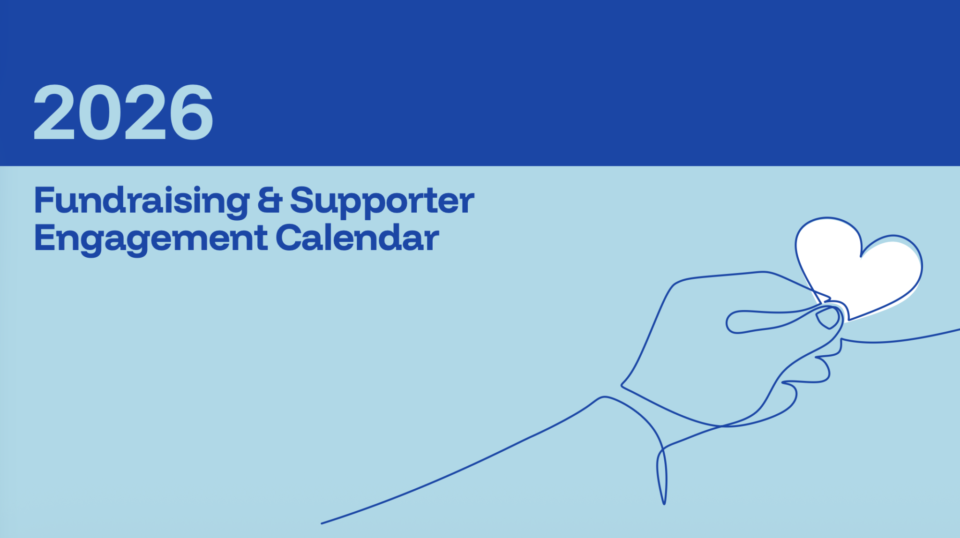
Posted on 25 Feb 2026
Writing communications for donors, stakeholders, regulators and the public can be a relentless task…

Posted on 25 Feb 2026
A Victorian suburb's hot debate about whether trains should live underground or in the sky ended…
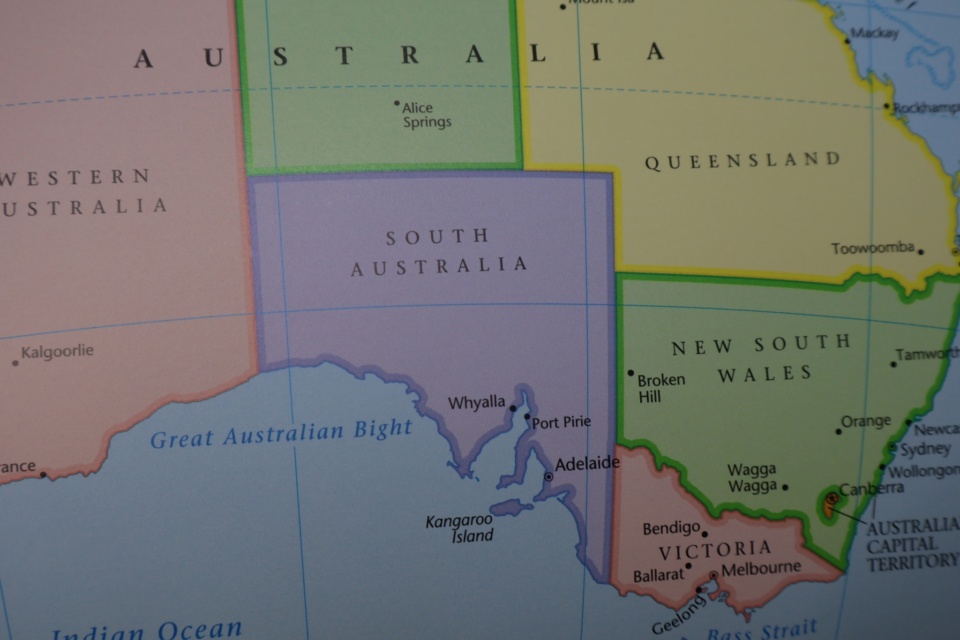
Posted on 25 Feb 2026
Three years after the federal government announced that national fundraising principles would be…
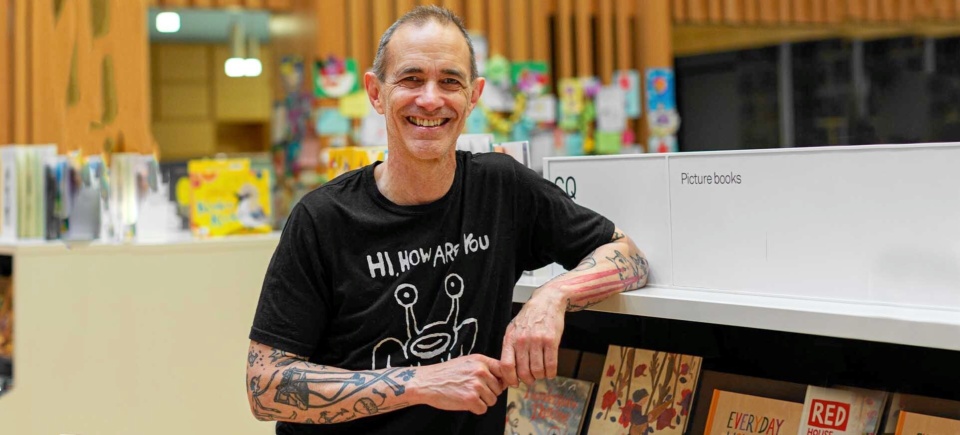
Posted on 25 Feb 2026
Author Andy Griffiths has spent 30 years bringing “punk rock” to children’s books, making kids…

Posted on 25 Feb 2026
Senator Dean Smith is back as shadow minister for charities, and he’s told the Community Advocate…

Posted on 18 Feb 2026
Around 50 per cent of all funding for charities in Australia comes from government. The nature of…

Posted on 18 Feb 2026
You wouldn’t try to fix a complex system with one tool. You’d widen the toolkit, improve the…

Posted on 18 Feb 2026
Australia’s champion laundry van charity, Orange Sky, has announced it is ready to expand into…

Posted on 18 Feb 2026
To have any hope of hitting the grand plan of doubling philanthropy by 2030, Australia needs one…

Posted on 18 Feb 2026
When Nyiyaparli woman Jahna Cedar travels to New York next month as part of the Australian…

Posted on 17 Feb 2026
This is the full academic version of Dr Oksana King's thoughts on the need to better compensate and…
Become a member of ICDA – it's free!
If you want to subscribe on an Android device, you will need to either:
https://communitiesincontrol.com.au/uploads/general/CIC/Conference/Podcast/cic-itunes.xml
Need an Android podcasting app? We recommend either Pocketcasts ($3.99) or Stitcher (free).
Make sure you get the right information by visiting the website for your region.